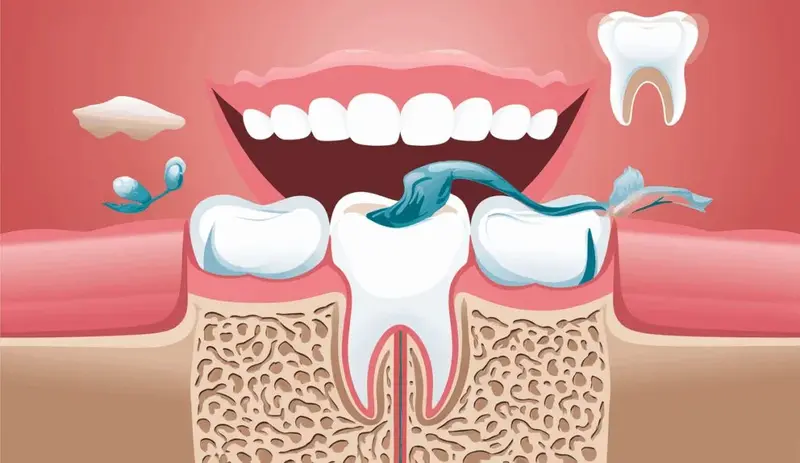
Pregnancy brings countless questions about what’s safe for you and your baby. Dental care can feel especially confusing when you’re expecting. You might be wondering about specific treatments like root planing and how they could impact your health.
Our team understands these concerns. We’ll break down everything you need to know about root planing during pregnancy, helping you make informed decisions about your oral health.
What Exactly Is Root Planing?
Root planing is more than just a routine dental cleaning—it’s a specialized deep cleaning procedure designed to remove harmful plaque and tartar that hide beneath your gum line. We’ve seen this procedure help countless patients manage early stages of gum disease, particularly when hormonal changes make oral health more challenging.
During pregnancy, your mouth goes through significant transformations. What might have been a minor inflammation before can quickly become a more serious concern. Root planing helps address these changes by thoroughly cleaning areas that regular brushing can’t reach.
Pregnancy Hormones and Dental Health
Hormones of pregnancy are powerful changers in your body, and your mouth is no exception. Many women are shocked to discover just how profoundly these hormones can affect their gum health. The skyrocketing levels of progesterone and estrogen that accompany pregnancy can leave your gums looking and feeling quite different from your pre-pregnancy mouth.
These higher hormone levels can lead to increased inflammation, sensitivity, and bleeding of the gums. You might be surprised to learn that up to 75% of pregnant women experience some form of gum inflammation. This condition, often called pregnancy gingivitis, makes professional dental care more critical than ever before.
You May Be Interested In: How Much Recommended Dental Cleanings Per Year?
Potential Risks of Dental Procedures During Pregnancy
When you’re pregnant, not all dental treatments are suitable. Some require extra caution and are evaluated carefully. X-rays, certain medications, and invasive procedures take thorough consideration to ensure they’re safe for you and your baby.
Remember this:
- You must tell your dentist about your pregnancy.
- Dental and pregnancy experts must green-light any procedures.
- Dental care should be mostly preventive during pregnancy.
Is Root Planing Considered Safe?
The majority of dental professionals regard root planing as a safe procedure during pregnancy, particularly in the second trimester. Each situation is distinct, and the appropriate approach will depend on health conditions, pregnancy stage, and overall dental health.
A deeper look: Morning sickness has generally faded by the second trimester, and the major development of the fetus has already occurred. This makes the time between the first and last trimester a really good window for necessary and safe dental procedures in Houston, TX.
Recommendations from Dental Professionals
Members of the specialized dental profession recommend a conservative strategy:
- Check with your obstetrician-gynecologist first before any dental work is done.
- If you can, choose the second trimester for dental treatments.
- Opt for the least invasive techniques available.
- Don’t do anything that adds unnecessary stress to your body.
Signs You Might Need Dental Intervention
If you’re having any of these troubles, it’s time to set up a consultation at LifeWorks Dental:
– Bleeding gums that won’t stop
– Teeth that are achingly sensitive
– Crazy, out-of-this-world pain in your mouth
– Gums that are swollen or sore
Important Safety Note: If you floss and/or brush your teeth and notice a lot of blood, get checked out. It could be any number of things, and some are quite serious. For a direct line to any dental issues you’re having, just get in touch with the pros at our dental office. Your growing baby is counting on you.
Your oral health matters, especially during pregnancy. While root planing can be safe, individual circumstances vary. Always work closely with dental and medical professionals to ensure the best care for you and your baby.






